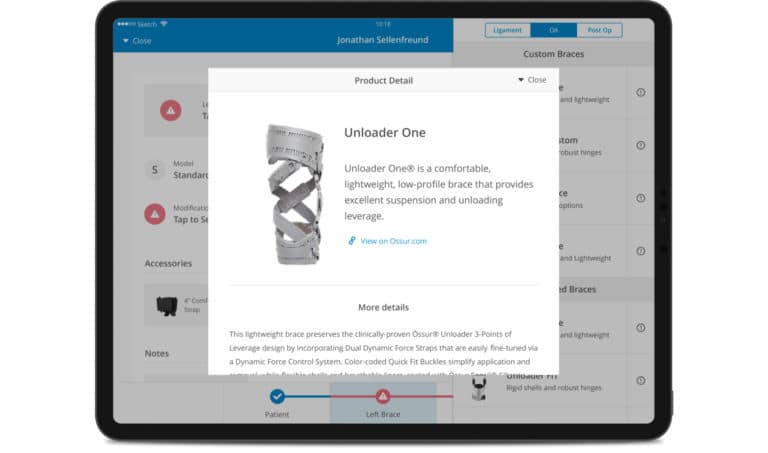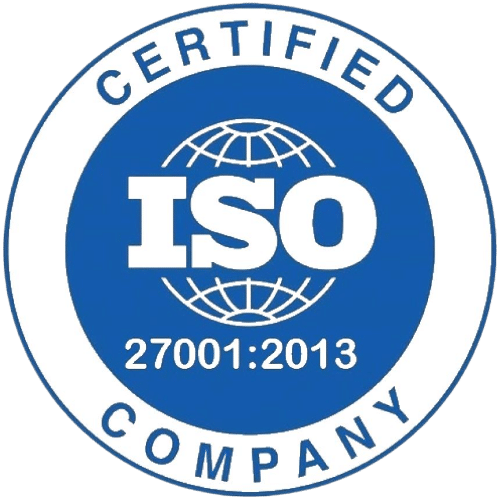Let’s meet in person!
Secure your personal meeting slot today — let's connect and discuss opportunities!
29-31 July. Dublin, IE
01-02 August. london, uk
Petro Diakiv,
Delivery Manager
at RELEVANT SOFTWARE
The Future of Innovations: IQMs Contribution To The Coming Quantum Boom
Updated: June 7, 2024
Relevant Founder’s next guest, professor Mikko Möttönen – Chief Scientist, сo-founder of IQM – the leading European startup that builds superconducting quantum computers. His highly ambitious team of world-leading scientists has built several quantum labs and research centers globally during the past two decades.
Quantum computing is strategically crucial for the European Union, with the potential to revolutionize many sectors in the future. Quantum computing could help solve complex problems faster than classical computers for anything from drug development to predicting financial markets.

200+ companies from 25 countries outsourced software development to Relevant
We provide companies with senior tech talent and product development expertise to build world-class software. Let's talk about how we can help you.
Contact usBut such machines will be, to put it mildly, an engineering challenge. Two parallel efforts are underway. One is to create the software as generally understood—the programming languages, graphical interfaces, etc. The other is to develop novel algorithms and step-by-step instructions that break down problems into discrete parts amenable to quantum computing; both of which IQM is in the process of working on.
Excursion to the quantum computing
Since launching in 2018, IQM has become the fastest-growing quantum computer company. It is also the only European company already delivering full-stack quantum systems.
“One of IQM’s slogans is ‘We build quantum computers.’ We design and manufacture chips; we assemble all electronics, all cryogenics, and the casings. And we also install software and then deliver these complete systems to customers. And that’s what we’re doing now and plan to do in the future on a larger scale.” says Mikko.
The IQM team’s pioneering work started with breakthroughs in qubit reset, readout, and thermal management toward large-scale quantum processors. After then, they began working on novel concepts around digital-analog quantum computing. It’s fascinating, so we asked Mikko to delve a little deeper into the intricacies of quantum computing.
“Quantum computing is the use of quantum mechanical principles or tools, as well as the computational logic permitted by quantum physics, to solve computational problems.,” says Mikko. “So, essentially, a quantum computer is a machine that does quantum computing. And so it means that you don’t need to when you write your program.
A qubit can be in a 1 or 0 quantum state or a superposition of the 1 and 0 states. And this superposition principle is that your memory can simultaneously be in multiple logical states. It makes the programming and design of the algorithms more involved. But it can provide numerous advantages. You don’t need to perform as many computational steps as you can take steps in multiple dimensions.
The resulting final speed is one of the biggest benefits of quantum computing. We strive to be faster, but quantum computing goes slower than a typical computer. ”
Many small challenges become one big
“There are many minor problems, and when they accumulate, they become big. Imagine the whole system; it has so much tech, like state-of-the-art, classical electronics, software, the quantum chip, and all the design work. And then the algorithms are amazing how much work is in there.
I would say that in general, the biggest challenge or goal would be to make quantum computers useful. And for that, you have two paths, you either go for quantum error correction or ignore those infrequent little errors when they occur.
Quantum error correction requires a big overhead in terms of several qubits. And that, of course, slows down the realization of the quantum computer because you can only double the number of qubits every so often.
But the other route is to make algorithms work in a sort of error-tolerant way so that the errors don’t block you from solving the problem. And so basically, live with the mistakes, don’t try to correct them, at least all of them. That’s called NISQ, Noise Intermediate Scale Quantum. And these NISQ algorithms today still require too many qubits and too accurate qubits. The big question is how to develop a nice quantum algorithm that is useful and solves some commercially relevant problems.
So, if we develop a working 20 qubit quantum computer, this will be a great achievement. But nobody had built a useful quantum computer that gained a business advantage or increased the quality of life.
Quick start with outsourcing
“In the beginning, I had my research group at the University, with more than 20 researchers. Two of my group members joined us as founders while spinning the company. And then, I cautiously asked my research group, if we get seed funding, will you join us to build quantum computers? And I was surprised that many postdocs and PhDs students said yes.
There was no guarantee that we would receive the money. But when we got the seed funding – a 1 million grant to start building a scalable process for quantity production, all these 20 tech people joined and started working with the company.
I think it took us a month to get the lab up and running. And we measured the first chips, quantum chips, in the summer of 2019. So it was a very fast start.
Since our team consisted almost entirely of quantum physicists, we outsourced. We were fortunate because we had many good people in the company who attracted other good talents from the local ecosystem. But once we got a good brand and reputation, we got good talent abroad. It was more expensive but easier because there was a lot of work. Initially, we had the only office in Finland. Now we have offices in France, Spain, and Germany with around 200 employees.
We want to do everything it takes to make quantum computers as useful as possible. And we think it’s worth the effort because a few years of quantum advantage can change many of the world and all the markets.
We think that high-performance computing centers will become more interested in quantum computers. For example, we initially thought universities would buy these machines, but they quickly realized that universities’ budgets are limited. Of course, it depends on the country; sometimes, they can get a large amount of money to start something new.
But it turned out that research centers, RTOs, and high-performance computing centers, are more in need of this kind of technology or capability. So I think soon we will offer classical and quantum computing services that you can use through agent centers.”
CEO’s advice: don’t be pessimistic but stay honest
Whether you’re an established business leader or an aspiring entrepreneur, you can follow the advice of successful executives whose track record proves their strategies have worked. Mikko Möttönen’s one of them.
“Stay honest. Everyone on the founding team should be on the same page and work well together. And then, when you approach investors, provide an honest projection in mind. However, you will never receive the funds if you are too pessimistic. Try to build your story in a tractable or attractive way, but at the same time, don’t make promises that you can’t deliver.
When you start the company, there will be many opinions and advice, and I recommend listening to them. Ask the same questions to external advisors and investors, and then form your thoughts or ideas about the best thing to do.
But if the team and money is the only thing you have, it’s hard to say that you have some unique selling points. So, it is vital for all tech companies to have an IP. You can tick the box if you have a few patents and trade secrets.”
Our core services:
Do you want a price estimate for your project?
Do you know that we helped 200+ companies build web/mobile apps and scale dev teams?
Let's talk about your engineering needs.
Write to us











